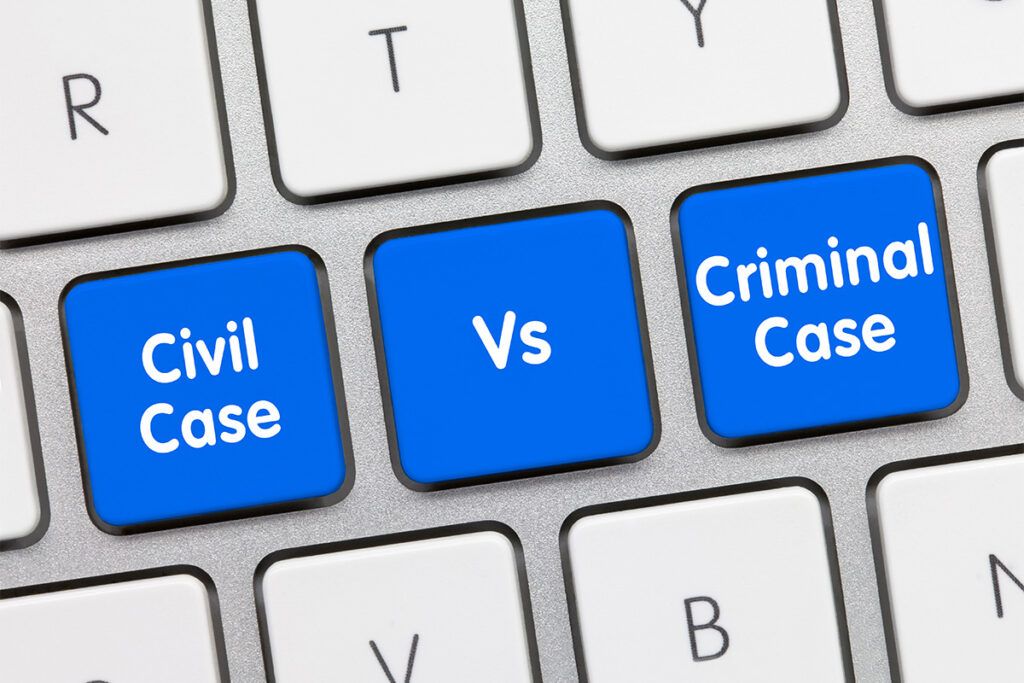Advice You Can Use from Melvin L. Hill Attorney at Law
Do you understand the differences between criminal law vs. civil law? Melvin L. Hill Attorney at Law in Roanoke, VA will explain in this month’s blog. Criminal law and civil each serve a distinct purpose. There are a variety of differences that individuals involved in each case must consider. They include nature, burden of proof, parties, actions taken and more. Let’s take a look at some of them right now.
The Nature of the Case Will Vary
Criminal Law: Criminal cases involve offenses against the state or society as a whole. Government entities bring these cases, and aim to address actions that violate public laws. Key examples of criminal offenses include robbery, murder, and drug trafficking. If a court finds guilt, defendants face penalties such as imprisonment, fines, probation, or even capital punishment in extreme cases.
Civil Law: Civil cases, on the other hand, deal with disputes between individuals, organizations, or entities. These conflicts generally revolve around private rights and responsibilities. The parties are seeking resolution for issues like breach of contract, property disputes, and personal injury claims. The objective of civil cases is to provide compensation or remedies to the aggrieved party rather than imposing criminal sanctions.
The Parties Involved Are Different in Each Case
Criminal Law: The parties involved are the government, represented by the prosecutor, and the accused individual, represented by their defense attorney. The objective is to determine the guilt or innocence of the accused and administer punishment if necessary.
Civil Law: Civil cases involve private parties in the plaintiff, who initiates the lawsuit, and the defendant, who responds to the claims. Each party presents their arguments, and the court’s judgment aims to settle the dispute fairly.
Legal Actions Will Vary with Each Case
Criminal Law: Criminal cases can lead to various outcomes, including guilty or not guilty verdicts, plea bargains, or dismissals. If found guilty, the defendant may face incarceration, probation, fines, or other penalties as determined by the law.
Civil Law: Civil cases focus on remedies and compensation. The court can order the defendant to pay monetary damages, return property, or undertake specific actions to rectify the harm caused. The objective is to restore the plaintiff to their pre-dispute state as much as possible.
For more about the different types of cases, call Melvin L. Hill Attorney at Law at (540) 342-1851. Follow our blog for more great information. We are ready to discuss with you the differences of criminal vs. civil law.

